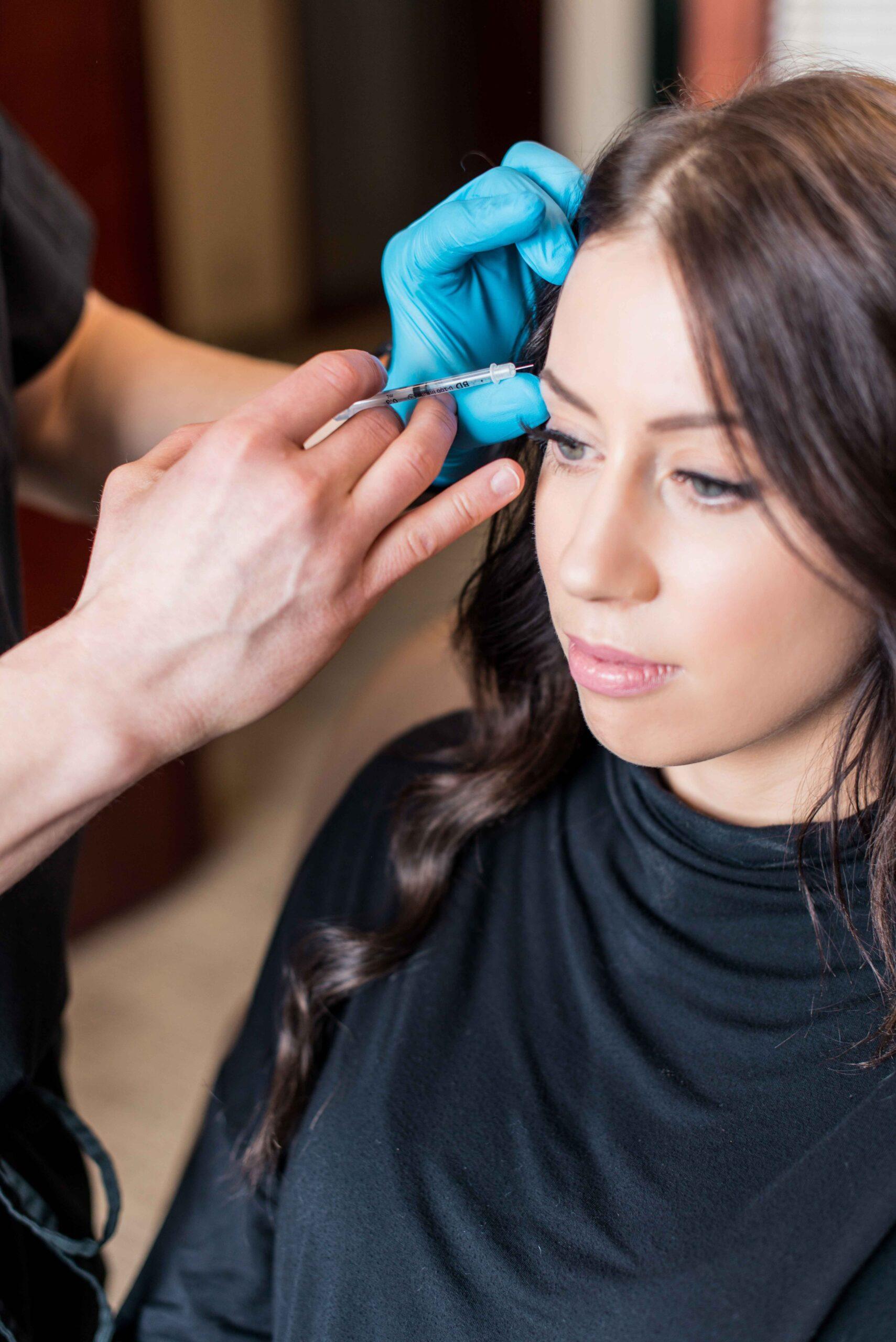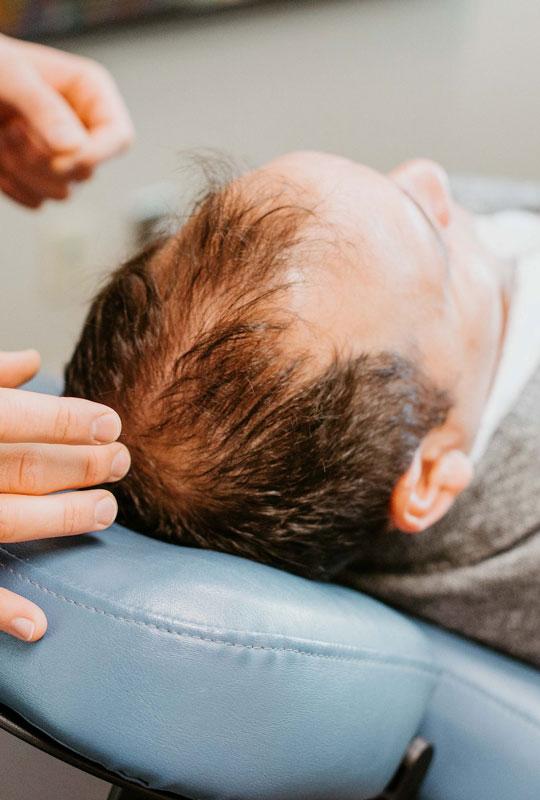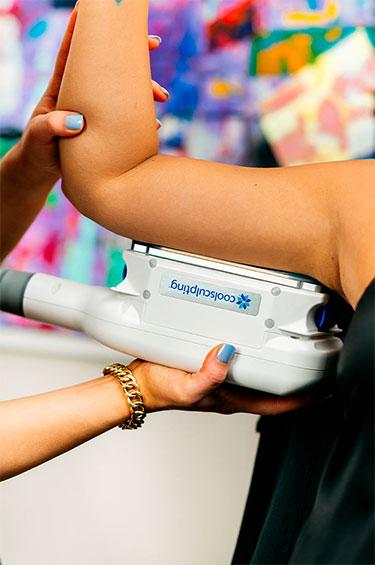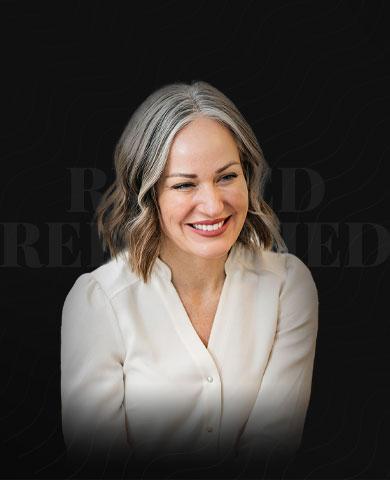
rested & refreshed
Cosmetic Medicine, Skin, and Hair Clinic.
Natural results by our physician-led, expert team.
AWARDS


Book an Appointment
Feature Treatments
Welcome
Welcome to Concept Medical
The latest technology and treatments to help you look and feel your best.

Key Statistics
11
Years in
Business
Business
13
Team
Members
Members
65,000
Injections
Completed
Completed
5,829
Patient Visits
in 2022
in 2022
As Seen In







Focused on you
Excellence In Everything We Do
At Concept Medical, only our physicians performs your cosmetic injectables including Nuceiva®, Botox® and fillers.
Patients First
Exceptional Care
Latest Research
Confidentiality
Our Team
Physician Led Team
Our Team is led by Dr. Hetz, Dr. Viana and Dr. Fisher – who are all highly experienced and nationally recognized in the field of medical aesthetics.
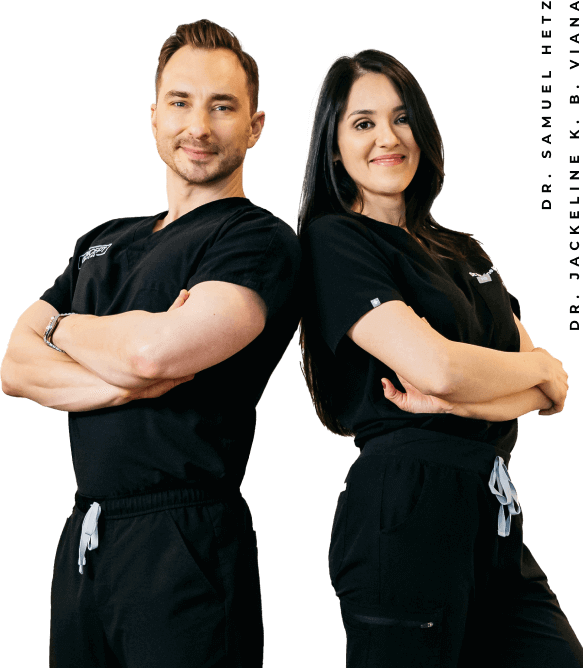
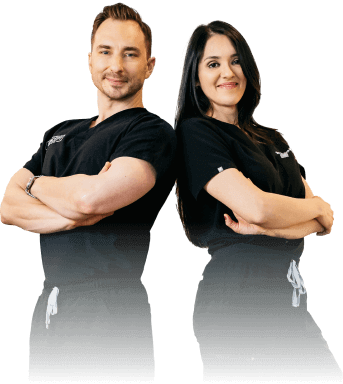
Get started
Book your Consultation Today
Your patient journey is unique and begins with an in-depth consultation.
